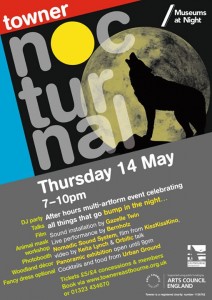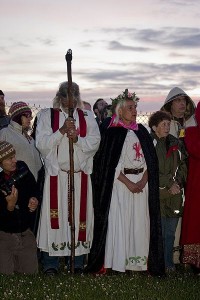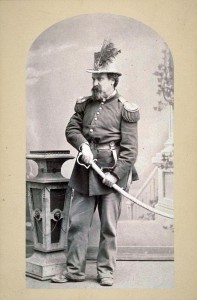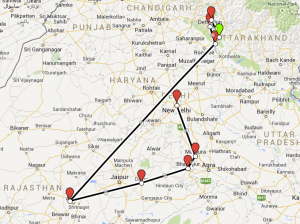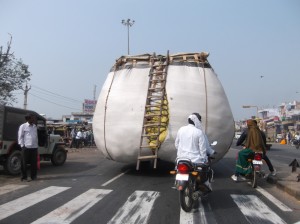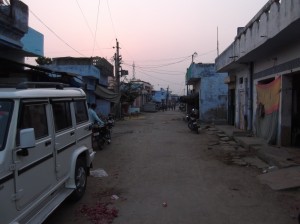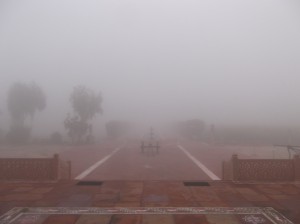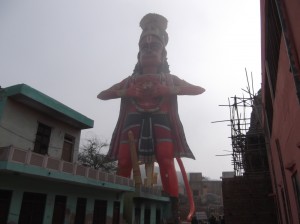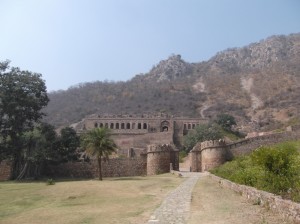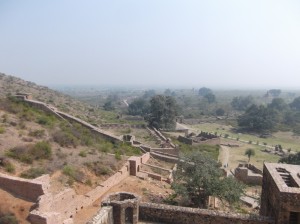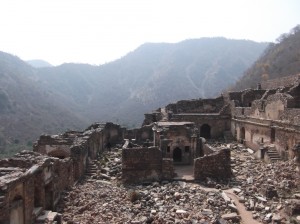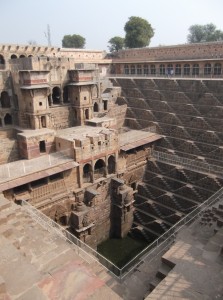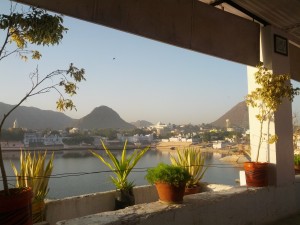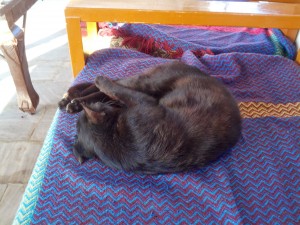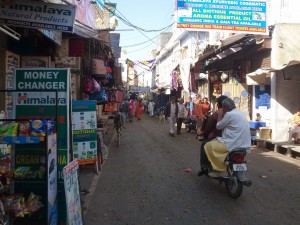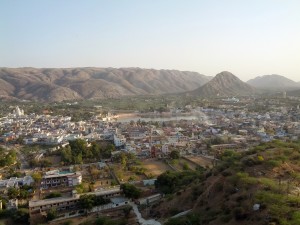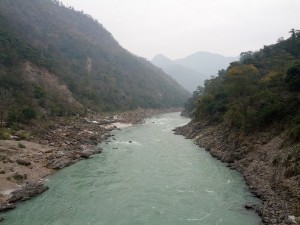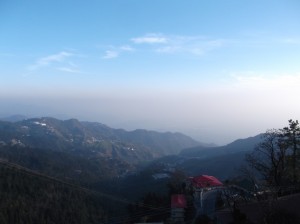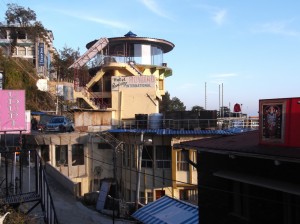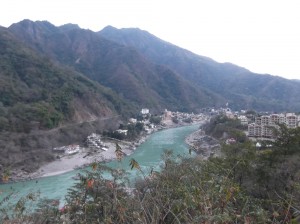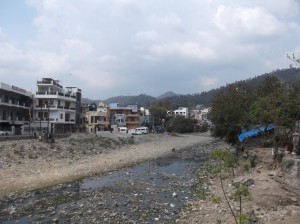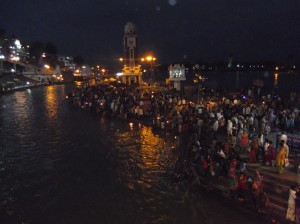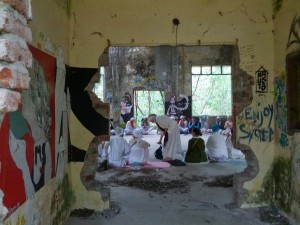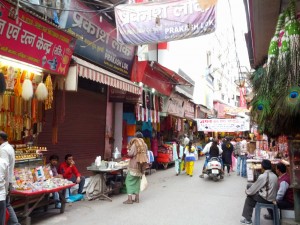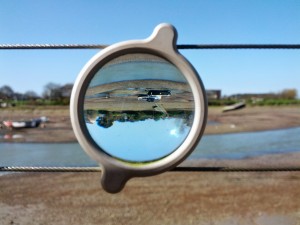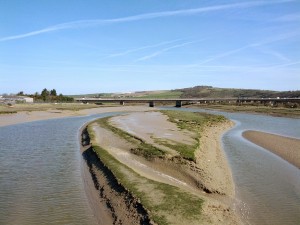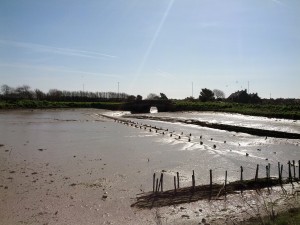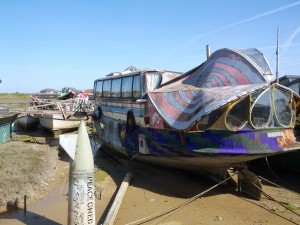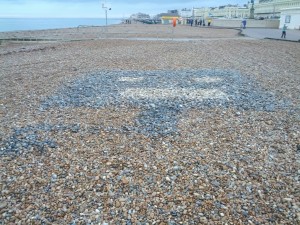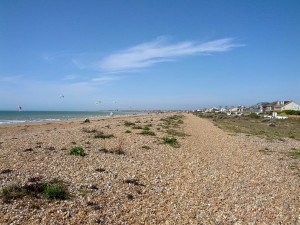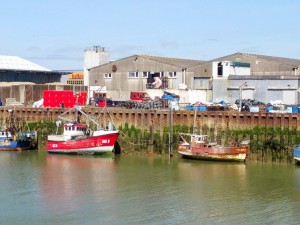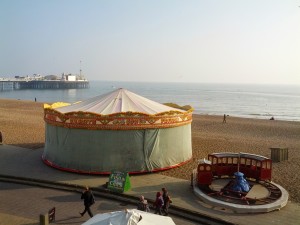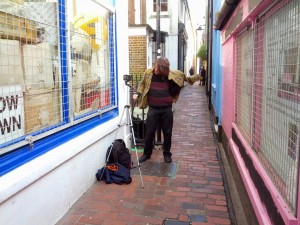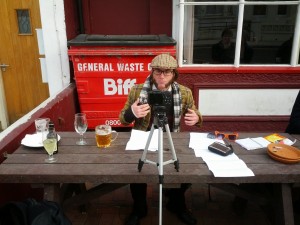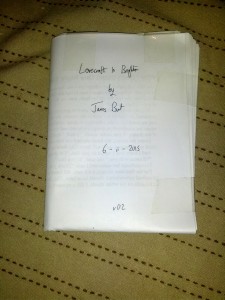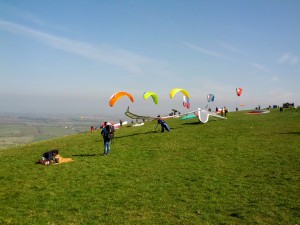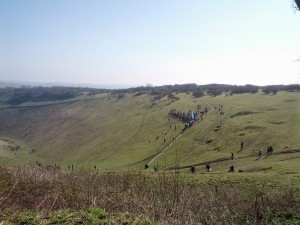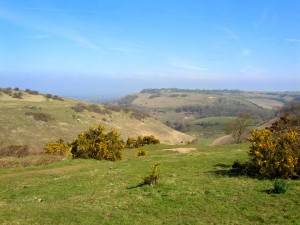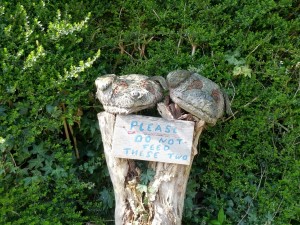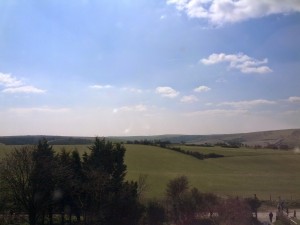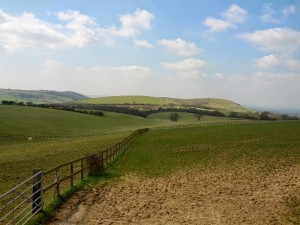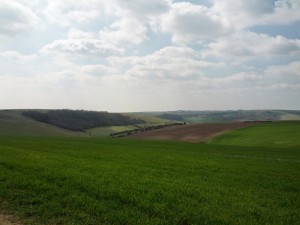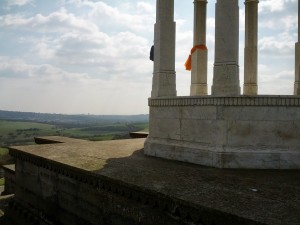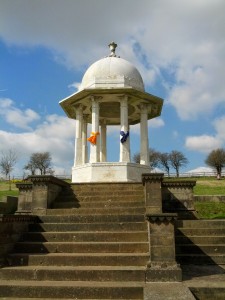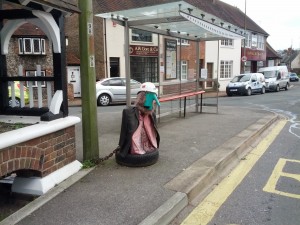Last night, at a book launch in London, I was talking to a magician. He told me how his interest in magic was sparked by strange experiences in childhood; magic provided a means of understanding these events. My experience of the world is very different. As I explained to the magician, nothing strange has ever happened to me.
That’s not to say my life isn’t interesting (not least because it involves meeting up with magicians at book launches in nightclub basements). And I’ve been to lots of strange places and events, such as the Mari Lwyd or the Karni Mata temple. It’s just that, in all these adventures, I’ve never seen any direct evidence of particularly odd or inexplicable.
I’ve always been interested in the weird and supernatural. As I child, I loved my copy of the Usbourne Books’ Supernatural Omnibus. As I’ve grown older, I retained that fascination, for example being obsessed by Grant Morrison’s Invisibles comic. Recently, I gave a talk on Slenderman and Creepypasta. But my interests are only as an observer. I’m probably the only Robert Anton Wilson fan without any personal synchronicity stories.
But that doesn’t make me a sceptic. Another thing I’ve always loved are stories. I can appreciate other people’s narratives, even if they don’t work for me. Maybe it comes from attending chapel three times a week at school, the whole establishment following a religion it didn’t believe in.
If pushed, I could explain away any particular incident of weirdness – whether through marsh gas, drunkenness, credulity or a desperate desire for attention. The problem comes with explaining away all of them. Too many times, on a summer afternoon, I’ve seen conversation slip into the unexplained. It amazes me how many people have a story to tell. It’s more than good manners that stops me from claiming they must be making it up. A single story can be explained away, but there are too many such stories.
We live in a strange beautiful world, and one of the things I love most about it are those gaps, the things that can’t be quickly explained away: accounts of magic, interventions by spirits, strange coincidences. I know a lot of people who’ve had odd experiences, but these things all happen to other people. Nothing strange has ever happened to me.
